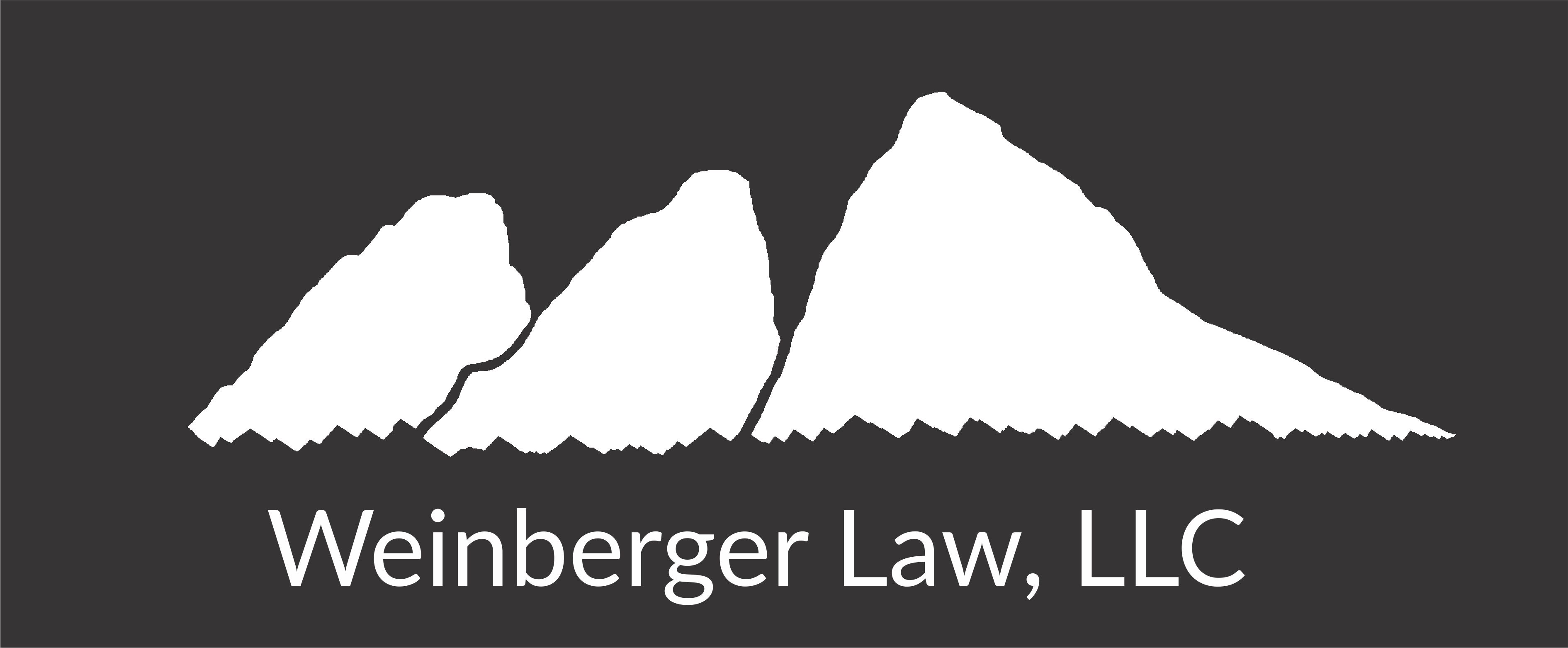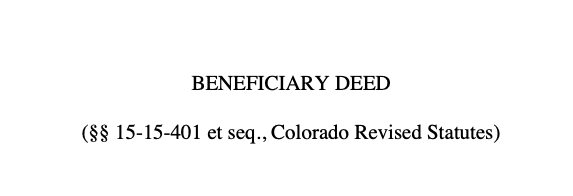A beneficiary deed is like any other deed – it’s a legal document that transfers ownership in real property. Unlike typical deeds, however, a beneficiary deed only conveys the real property interest upon the grantor’s death.
The beneficiary deed must be recorded with the clerk and recorder prior to the grantor’s death, and the grantor can revoke it at any time. If the grantor sells the property during their lifetime, then the beneficiary deed is automatically voided.
What are the pros and cons?
The primary advantage of a beneficiary deed is it avoids needing to probate the subject real estate. That said, it’s not a suitable estate planning tool for every situation.
First, it’s a simplistic tool – it transfers one specific piece of real estate to specifically named beneficiaries. As such, it lacks the flexibility of a will or trust, which can contemplate various contingencies. It’s also not a great tool when naming multiple beneficiaries, who will be forced into co-ownership upon the grantor’s death.
Also note that a beneficiary deed can affect your Medicaid eligibility. Should you need nursing home-level care, you may need to revoke the beneficiary deed (or sell the real estate).
For more information on Beneficiary Deeds and Estate Planning, visit our Estate Planning page or schedule an initial consultation with Boulder Attorney Gina Weinberger by using the scheduling links on the right of the page.




